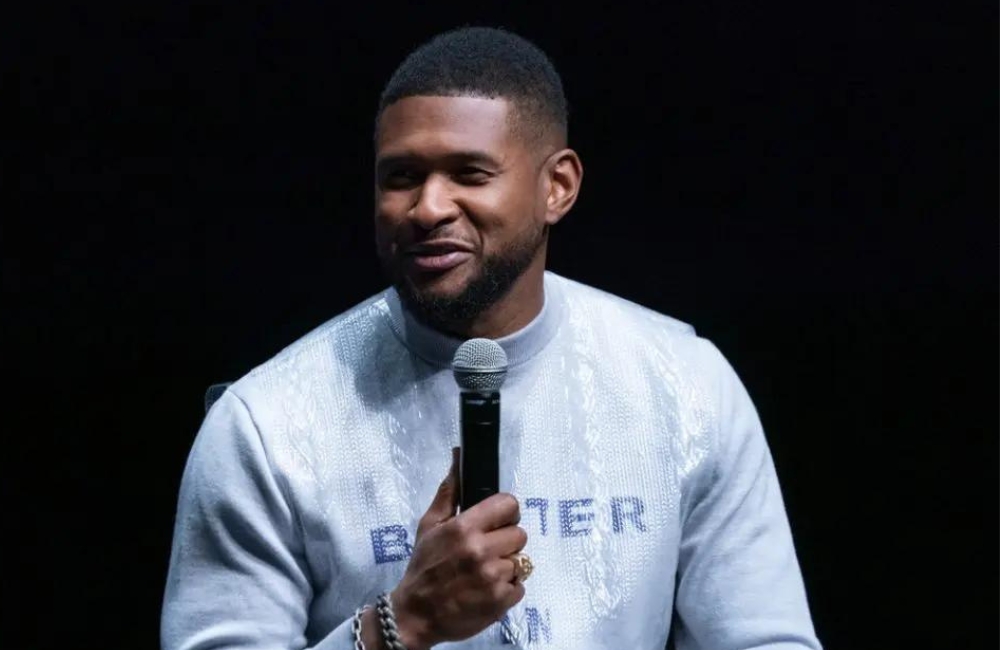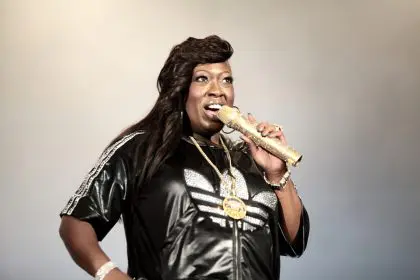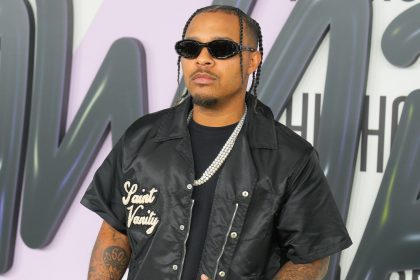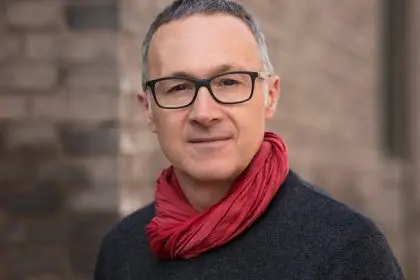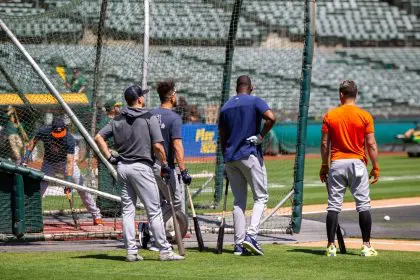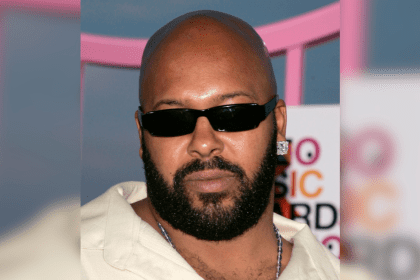In a shocking turn of events that has sent ripples through the music world, Gene Deal, former bodyguard to hip-hop mogul Sean “Diddy” Combs, has dropped a bombshell. Deal alleges that a young Usher Raymond was once hospitalized following an assault by Diddy, igniting a firestorm of controversy and raising serious questions about the treatment of young artists in the industry.
The disturbing allegations
The explosive claims, made during an interview with Art of Dialogue, paint a disturbing picture of power, abuse, and the dark underbelly of the music business. Deal, drawing on information he says was provided by music executives, asserts that the incident occurred when Usher was still a child, casting a long shadow over the R&B star’s early career and his relationship with one of hip-hop’s most influential figures.
Usher’s experience
As the story unfolds, the music community finds itself grappling with the implications of these allegations. Usher, now a multi-platinum, Grammy-winning artist, has long been open about his time under Diddy’s wing, often reminiscing about the wild days of his youth. A recently resurfaced clip shows the singer fondly recalling his experiences with the Bad Boy Records founder. However, Deal’s revelations force a reevaluation of those memories, potentially exposing a darker reality behind the glitz and glamour.
The timing of these allegations couldn’t be more critical. The music industry, like many others, is in the midst of a reckoning, facing increased scrutiny over its treatment of artists, particularly those who enter the spotlight at a young age. The #MeToo movement has emboldened many to speak out against abuse and exploitation, and Deal’s claims add fuel to an already raging fire.
Legal response
Diddy’s camp has remained conspicuously silent in the face of these accusations. The lack of response from his legal team only serves to intensify speculation and raise further questions about the veracity of Deal’s claims. As the court of public opinion weighs in, the pressure mounts for a formal statement or legal action.
Impact on the music industry
The allegations against Diddy are not isolated incidents but part of a troubling pattern that has plagued the music industry for decades. From Elvis Presley’s relationship with Priscilla to the tragic stories of Michael Jackson and R. Kelly, the exploitation of young talent has been an open secret for far too long. Deal’s revelations serve as a stark reminder that even in the 21st century, the problem persists.
Community response
For the African American community, which has long celebrated its musical icons while simultaneously fighting against systemic oppression, these allegations strike a particularly painful chord. The music industry has been a source of pride and empowerment, producing legends who have shaped culture and broken barriers. However, it has also been a site of exploitation, with young Black artists often bearing the brunt of a cutthroat business.
As the story continues to develop, it’s clear that the ramifications extend far beyond Diddy and Usher. This is a moment of reckoning for the entire industry. Questions about accountability, artist welfare, and the responsibilities of mentors and executives are now at the forefront of public discourse.
The power dynamics in the music industry have long favored those at the top, creating an environment where abuse can thrive unchecked. Young artists, eager for fame and success, often find themselves vulnerable to exploitation. The allegations against Diddy highlight the urgent need for better protections, increased transparency, and a complete overhaul of industry practices.
As fans and observers, we are forced to confront uncomfortable truths about the artists we admire and the industry that produces them. The cognitive dissonance between the music we love and the potential harm inflicted on its creators is a bitter pill to swallow. Yet, it’s a necessary step towards creating a more equitable and safe environment for all artists.
The music industry stands at a crossroads. The response to these allegations will be telling. Will there be a genuine effort to address systemic issues, or will this be another scandal swept under the rug? The answer to this question will shape the future of the industry and the lives of countless aspiring artists.
As this story unfolds, it’s crucial for fans, industry insiders, and the general public to remain engaged and demand accountability. The conversation sparked by Deal’s allegations is not just about Diddy and Usher; it’s about creating a music industry where talent can thrive without fear of exploitation or abuse.
The power of music to inspire, unite, and heal is undeniable. It’s time for the industry that produces this art to live up to the same ideals. As we await further developments in this story, one thing is clear: the status quo is no longer acceptable. The music world must change, and that change starts now.

